EU energy & climate policy
For over 20 years, the European Union has been developing climate and renewable energy policies, designed to achieve the goal of decarbonising the entire EU economy by 2050. Reaching this objective implies a total decarbonisation of the power system, and the large-scale roll-out of all renewable energy technologies - including ocean energy.
To accelerate the development of renewable energy technologies, the EU is adopting policies that support the development of new industries, research & innovation, and emerging low-carbon technologies.
One of the EU’s policy cornerstones is setting targets for renewable energy generation across the bloc. The European Union’s Renewable Energy Directive currently ensures that by 2030, at least 32% of all energy consumed in the EU will come from renewable energy sources. The European Commission recently proposed to increase this objective to 40%. The text is now being negotiated by the European Parliament and the Council.
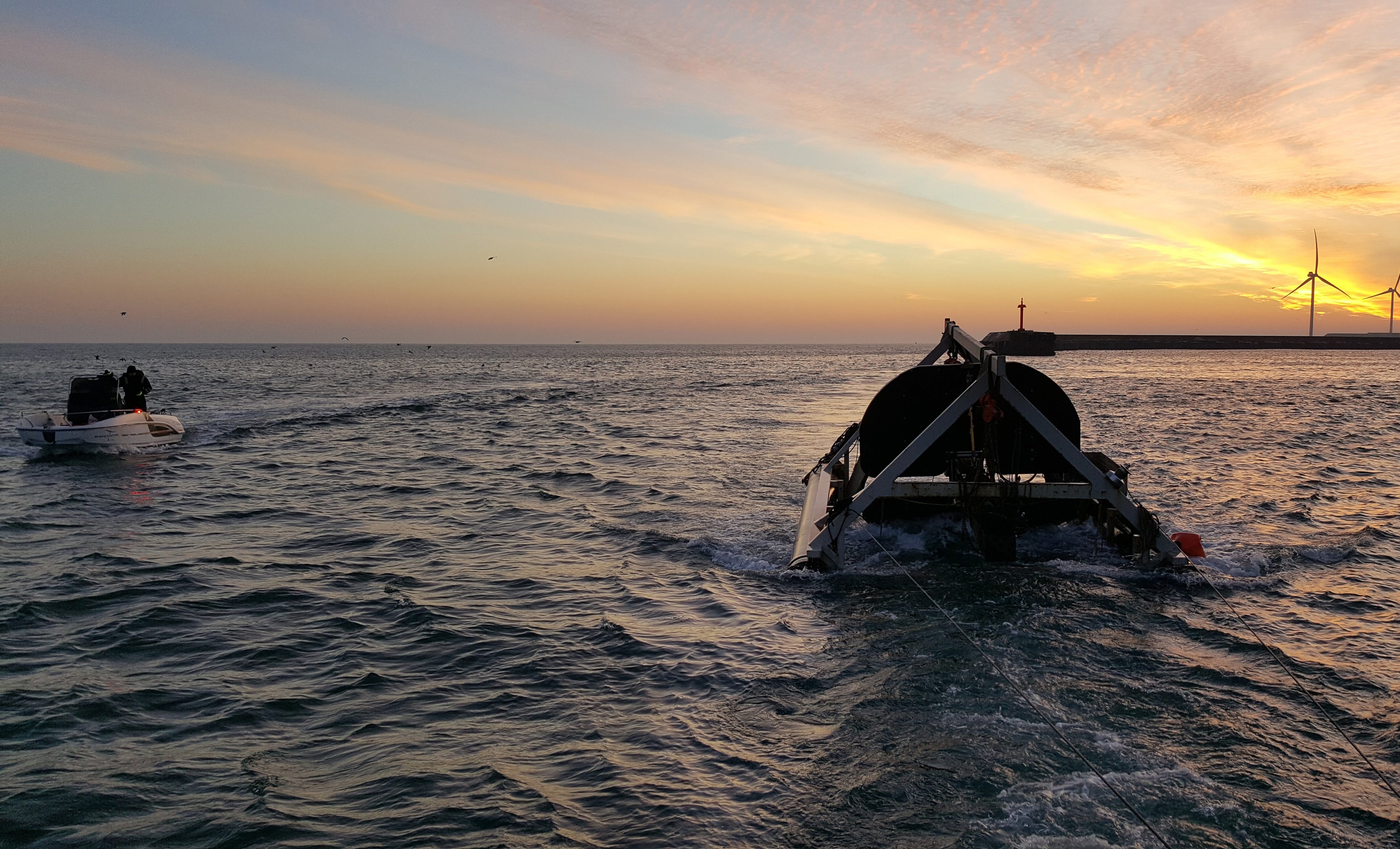
European Green Deal
The European Green Deal is the new European Commission strategy to make the EU climate neutral by 2050. It will be delivered as a package of legislative files over the next five years. The package encompasses all climate-related sectors – energy, buildings, transport, agriculture, research and industry.
The Commission proposed a European Climate Law that increases the greenhouse gas reduction target from 40% to between 55% by 2030. It has been adopted in June 2021.
The European Commission, the European Parliament and EU leaders have agreed on a recovery plan to help repair the economic and social damage caused by the coronavirus pandemic. NextGenerationEU is a €750 billion temporary instrument designed to boost the recovery effort. It sets up a Recovery and Resilience Facility that provides loans and grants to support reforms and investments undertaken by EU countries. NextGenerationEU will also bring additional funding to other European programmes such as Horizon Europe and InvestEU.
Ocean Energy Europe is pushing for ambitious targets for both greenhouse gas reductions and renewable energy deployment.
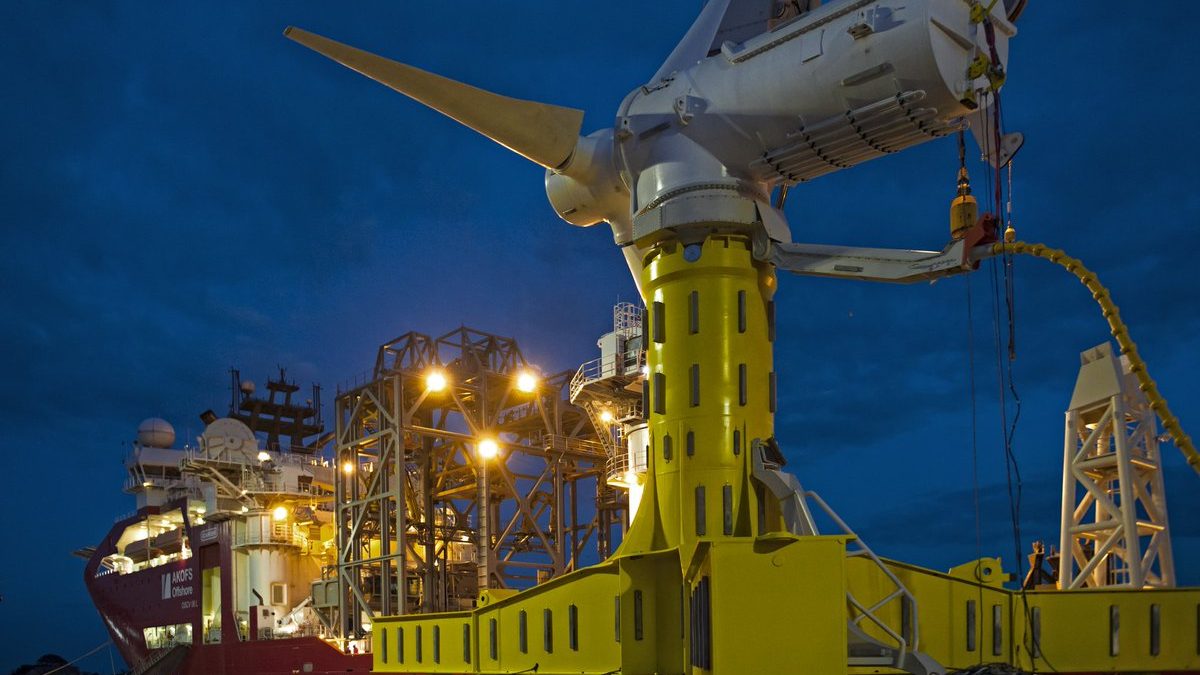
Industrial Strategy
As a part of the Green Deal, the European Commission has adopted an EU Industrial Strategy. It sets out the pathway to digitalise and decarbonise EU industry, and to maximise Europe’s global competitiveness.
The EU Industrial Strategy highlights the need for a more strategic approach to the offshore energy sector and its supply chain.
OEE is part of Industry4Europe, a wide-ranging coalition of 150+ organisation, which has pushed for an industrial strategy that supports innovation and transition to a low-carbon economy.
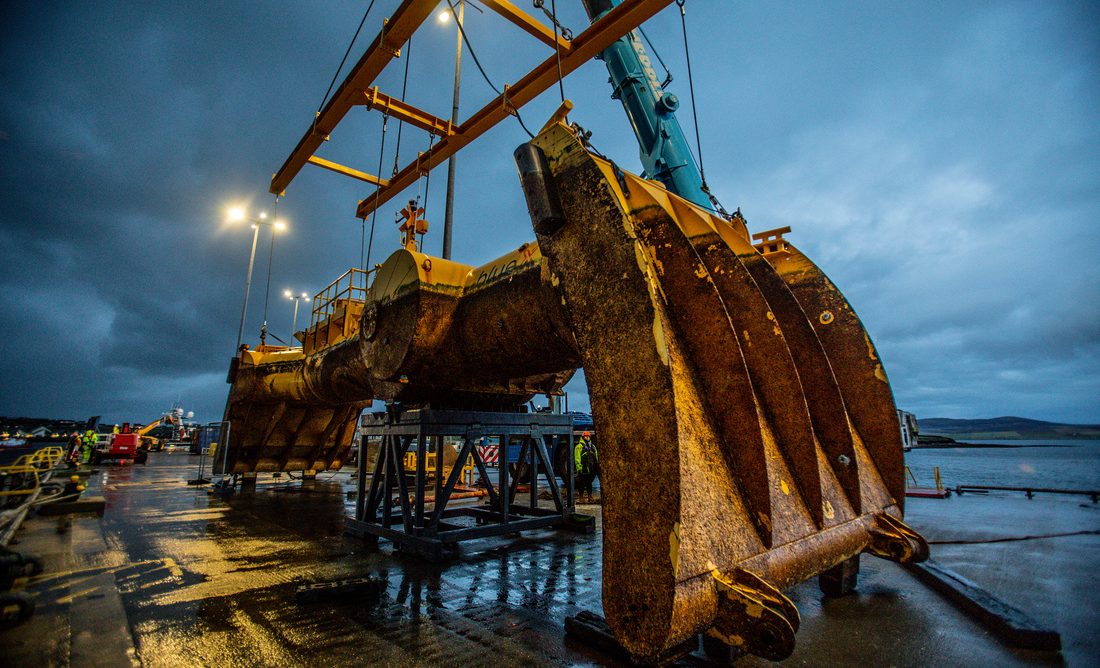
EU strategy on offshore renewable energy
As part of the European Green Deal, the European Commission presented its Strategy on Offshore Renewable Energy in November 2020, which included ambitious targets for ocean energy. The Strategy’s commitment to support a pipeline of 100 MW of ocean energy projects in the water by 2025, at least 1 GW by 2030 and a long-term target of 40 GW by 2050, will provide a boost to the sector in the coming decades.
Revising State Aid guidelines to ensure they are fit-for-purpose and enable national support is another crucial component of the Strategy. More information about OEE’s work on State Aid is below.
The Strategy promises a platform on offshore renewables within the Clean Energy Industrial Forum (CEIF), which can bring together the right actors from across Europe. High-level Member State participation is critical. National governments are strongly motivated to develop ocean energy, but they need to know that they won’t be investing alone, and that there will be a future European market for their companies. The CEIF can help manage both these concerns.
The Strategy also highlights the importance of sea access and grid development for offshore renewables. A new framework for long-term offshore grid planning and clear objectives in national maritime spatial plans will go a long way towards providing the kind of regulation and infrastructure that the roll-out of ocean energy requires.
To ensure that the goals set out by the strategy are reached, OEE provided the European Commission’s Directorate-General for Energy (DG ENER) with an ocean energy project pipeline to 2025. OEE also organised an event to open the dialogue between the Commission and EU Member States on public support for ocean energy.
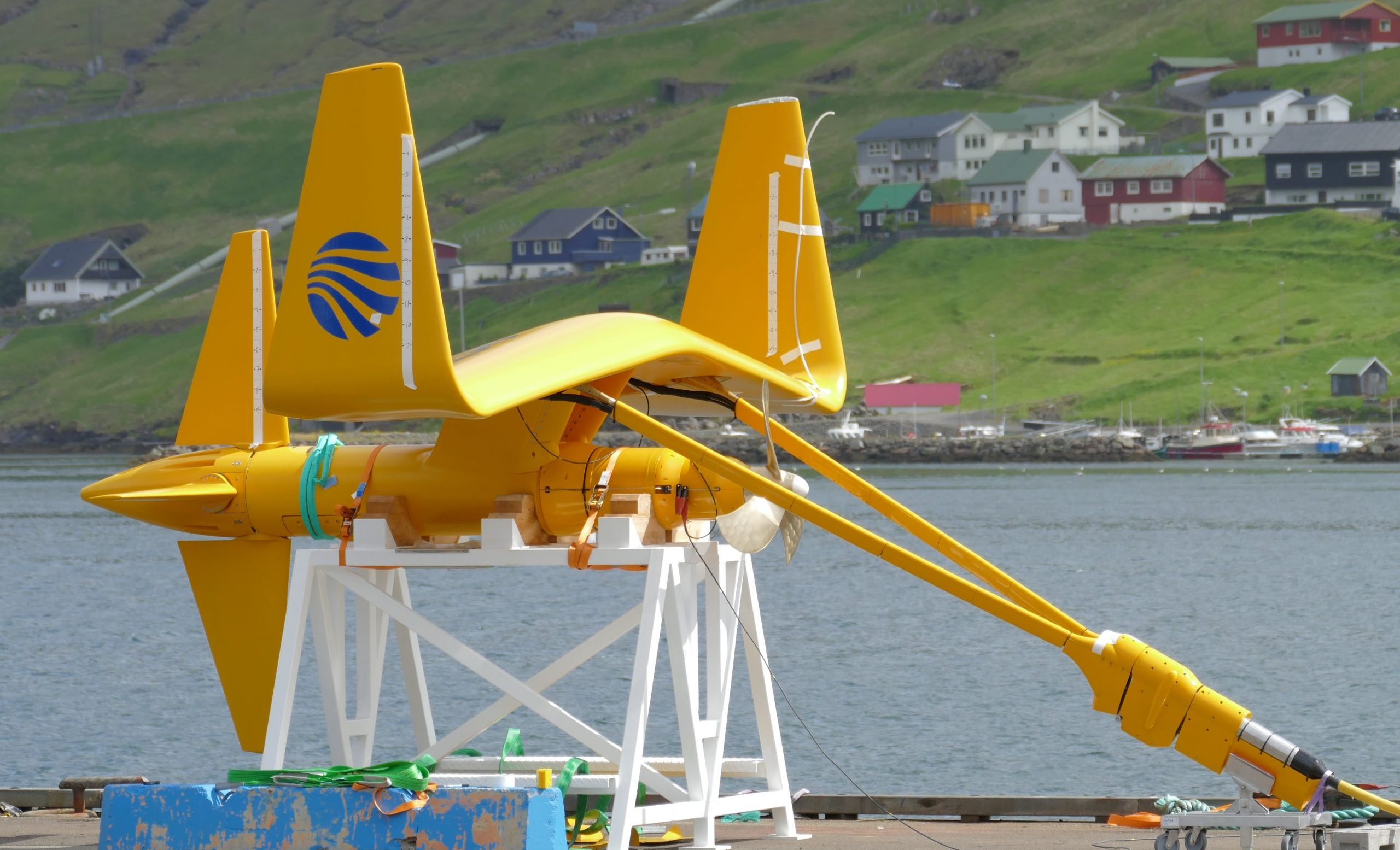
State Aid
In July 2014, the European Commission published guidelines for EU Member States wishing to provide subsidies to renewable energy projects, whether in the form of investment aid or production support. These are known as the State Aid Guidelines for Environmental Protection and Energy.
The European Commission wants to make its State Aid guidelines fit-for-purpose for the uptake of renewable energy in Europe. This is an opportunity to simplify and ease rules for demonstration projects. Currently, the guidelines can be overly restrictive for support to small-scale or demonstration projects that have minimal or no impact on a country’s power market. Demonstration projects for emerging technologies don’t undermine competition and should be explicitly excluded from future State Aid rules.
You can download the current guidelines in your language, here.
OEE obtained an acknowledgement that State Aid guidelines need to be reformed to support the upscale of offshore renewable energy, and is currently discussing the revision with the Directorate-General for Competition (DG COMP).
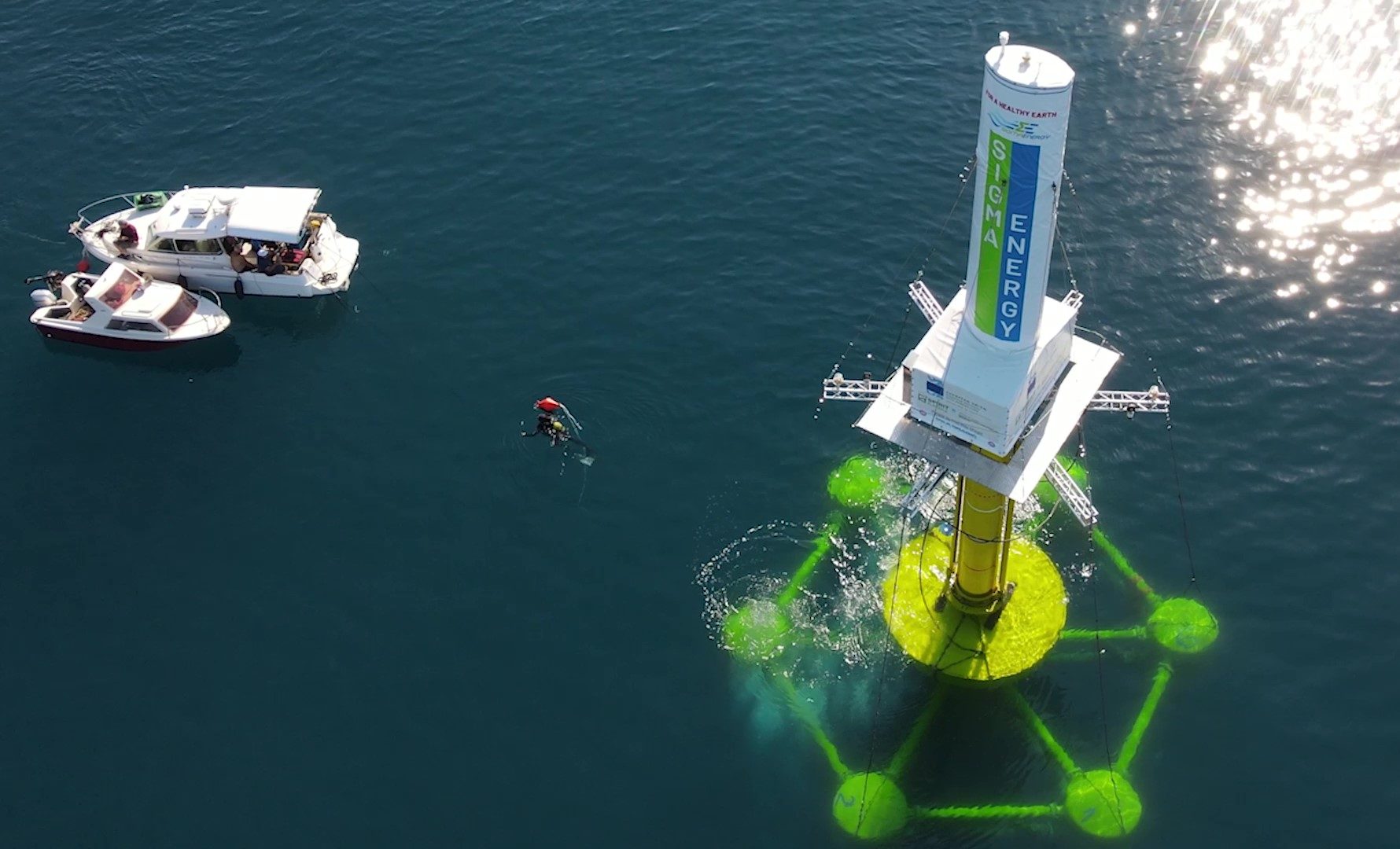
Advocacy at national level
In the United Kingdom:
An OEE member of staff is working full-time in the UK, embedded within the team at the Marine Energy Council (MEC). Our work is focused on the UK government in Westminster.
The core objective of this work is to secure dedicated revenue support for ocean energy. Our efforts played a part in the decision of the UK Government to ringfence £20m (€23.7m) per year for tidal stream energy in its ‘Contracts for Difference’ revenue support programme for renewables. This single decision will promote the deployment of at least 34 MW of tidal energy in the coming years.
For more information contact Richard Arnold: r.arnold@marineenergycouncil.co.uk
In France:
The main objective of our work in France is to integrate ocean energy in the legal framework, which would allow the government to launch commercial calls and allocate revenue support. For this purpose, an OEE member of staff is integrated into the French Renewable Energy Trade Association and is dedicated to ocean energy.
Several actions are undertaken to convince the government and relevant institutions of the interest and benefits of ocean energy. This includes the creation of working groups, the redaction of position papers and more generally, the promotion of ocean energy to decision-makers.
For more information contact Florence Daubrée: florence.daubree@enr.fr
In the Netherlands:
The Dutch Marine Energy Roadmap is a key file for ocean energy. Now that the Roadmap has been published by the Dutch government, the priority is to translate this supportive policy framework into concrete funding and market opportunities for the sector.
